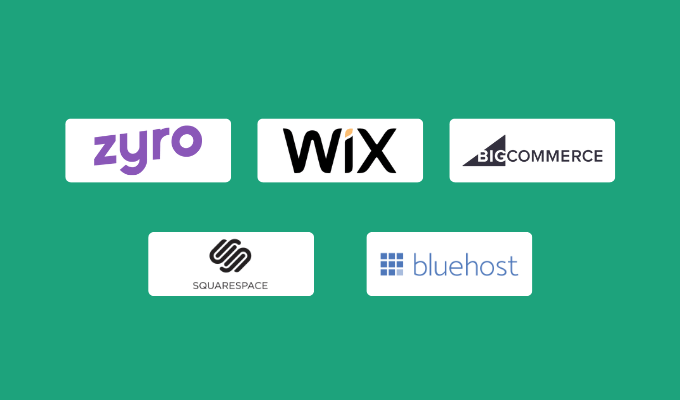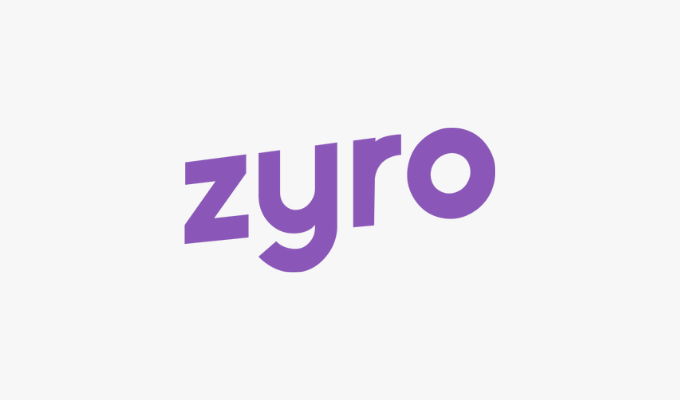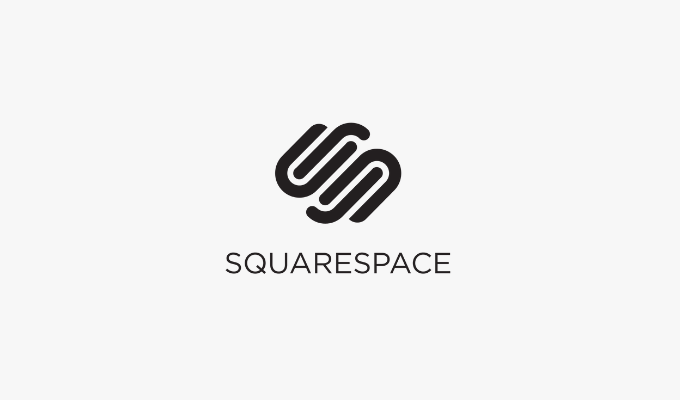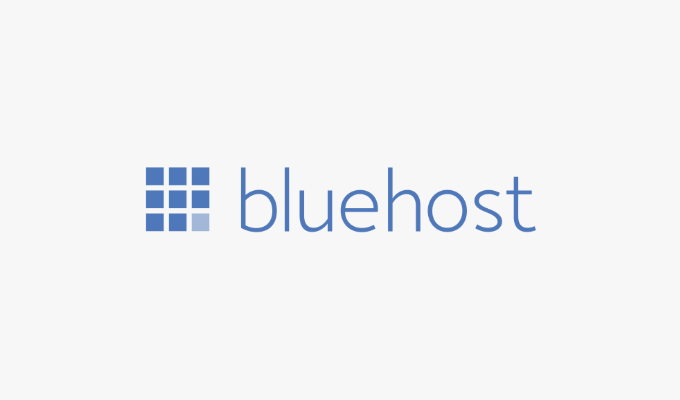Our favorite Shopify Alternative is Zyro, because it’s easy to use and set up, it’s fast for new store owners to learn, and it gives users the flexibility to connect their store to a site, with great security. Get started now and save up to 78%.
When it comes to managing an online store, no platform is as famous as Shopify, thanks to its huge range of features and how easy it is to use. But that doesn’t mean it’s the best choice for every business or every store.
We’ve put together a list of the best alternatives for Shopify, what makes them different, and when you should ditch Shopify for another choice instead. Here are our top picks that you should be considering:
The 6 Best Ecommerce Services
Our favorite Shopify alternative is Zyro, because it’s clean and simple, has a full range of features, and cuts down the learning curve for new store owners. Try now and save up to 78%. To see our full list of the best ecommerce services, check it out here.
- Shopify – Best all-around ecommerce platform
- Zyro – Best price for a full online store
- Wix – Best for stores with fewer than 100 products
- BigCommerce – Best for large inventories
- Squarespace – Best for cornering a niche market
- Bluehost – Best for WordPress users who want to sell online

Zyro – Best Price For A Full Online Store

Zyro stands out against other ecommerce services for two reasons; price and ease of use.
Because Zyro is designed for smaller store owners and those new to the game, it prides itself on offering users the “Easiest Website Builder” through a simple drag-and-drop tool. They also claim that users can set up their online stores in minutes and start selling that same day.
Alongside their low pricing, Zyro’s features include free hosting with every plan, 24/7 customer support, and fast website speeds.
True to its word, Zyro has some of the lowest pricing plans of any ecommerce platform, with the basic plan starting at just $2.69 per month.
How Zyro Compares to Shopify
Both Zyro and Shopify have good reputations, but there are a few key factors that might make one a better choice than the other.

For starters, Shopify is specifically a platform for ecommerce, while Zyro is a website builder with ecommerce capabilities built in. This makes Zyro a better choice for people interested in hosting everything in one place and who just want to sell as quickly as possible.
Another thing that sets the two apart is how much you can scale. Zyro is really designed for small sellers and stores—people who want to make some extra income and keep things simple. While Zyro does have limits on how many products you can list, fewer integrations, and fewer store features in general, Shopify has pretty much endless opportunities to get bigger and sell more.
Both Zyro and Shopify are good options for clean, easy designs, and both offer a lot of templates, support, and tools to help with things like SEO and product listing. Zyro focuses on providing done-for-you services with tools like a logo maker, while Shopify integrates more features into their themes like built-in discounts or email forms.
The biggest difference between the two is Shopify’s range of features. While Zyro is a website builder with the option to add a small ecommerce store, Shopify is a powerhouse that helps you build and run a storefront from start to finish.
Zyro makes setting up a store easy, but Shopify helps you set up your store, market your products, process your payments and manage customers, all from one place.
Shopify’s pricing usually starts at $29 per month, while Zyro usually starts at $11.99 per month.
Want to read our full review? See what else we had to say about Zyro here.
Wix – Best For Stores With Fewer Than 100 Products

Wix, like Zyro, is a website builder that lets you add a store and ecommerce features.
It has a great reputation as a website builder, and its focus on design is one of the best parts of its ecommerce features too. Store owners can choose from over 120 templates, which is much better than most ecommerce platforms and great for store owners who want to stand out and focus on unique branding.
These templates also make it really easy for new users to get set up and edit their stores as they evolve or grow. Wix is also pretty simple in general, with a clean interface and a minimal number of features, which makes it a great option for small stores without much inventory.
That being said, Wix’s simplicity also means it’s lacking some of the features bigger platforms like Shopify have. There isn’t much in the way of complex features like transaction tracking or currency options.
But, Wix more than makes up for this with security. Not only does it adhere to all the highest industry standards and use the safest payment processing possible, but it also has a dedicated cyber security team monitoring threats. Even for smaller stores, cyber security is important, and Wix is one of the best platforms out there for anyone worried about keeping transactions safe.
How Wix Compares to Shopify
Where Shopify focuses on functionality and a range of features, Wix focuses on design and flexible customizations.

For smaller users who rely heavily on branding or who want to target a niche audience, Wix is better than Shopify because it’s a lot more customizable. Although Shopify has design features and templates, it’s nothing compared to Wix’s, and it’s a lot harder to match across different platforms for consistent branding.
Wix is also a better option for smaller sellers who use their sites for more than just a store. For example, artists who want to sell merchandise on the side might prefer Wix because they can showcase their designs easily in the editor and set up a store without taking the focus off their own personal brand.
When it comes to features or larger stores, Shopify wins hands down. Shopify has plenty of options for moving inventory in multiple locations or tagging and tracking bulk orders, while Wix has limitations on the number of currencies it offers or locations you can ship to.
Both Shopify and Wix have excellent security and payment processing features, though, and they both are incredibly easy to set up and start using.
Shopify’s pricing usually starts at $29 per month, while Wix usually starts at $27 per month.
Want to read our full review? See what else we had to say about Wix here.
BigCommerce – Best for Large Inventories

BigCommerce is a platform that, like Shopify, focuses solely on ecommerce and online stores.
This, as well as its ability to handle large inventories and big stores, makes BigCommerce the most similar platform to Shopify in terms of scale. BigCommerce, as the name suggests, specifically caters to bigger stores with lots of stock, product variations, and an international customer base.
Smaller stores are able to use the platform, but it works best for ecommerce businesses that have lots of different options to offer customers. For instance, it has a detailed drop-down menu creator that gives customers plenty of different options for colors or sizing.
And when it comes to customer and product management, BigCommerce is incredibly sophisticated. You can easily keep track of customers, orders, and payments, as well as your earnings and even your social media sales. It’s a great platform for big stores with lots of product variations who want intuitive software that helps keep everything organized.
How BigCommerce Compares to Shopify
BigCommerce and Shopify are similar in the sense that they are both designed to support large ecommerce stores, and are ecommerce-first, not website-first. They both have powerful payment and customer management features and lots of options for tracking large shipments or displaying products clearly.

One of the big differences, though, is how plugins are used. Shopify has a huge range of plugins available, but this can mean a lot of downloading and add-ons for users. BigCommerce has built in many of the plugins that Shopify doesn’t, like adding over 100 currencies for users to shop in (with Shopify, you’d need extra plugins).
Another thing that BigCommerce has over Shopify is its range of features for cheaper plans. Even low-priced plans have access to detailed reporting with BigCommerce, while Shopify only offers it to premium users. And, BigCommerce also waives transaction fees for smaller plans and users – something Shopify doesn’t do.
Plugins aside, one area Shopify definitely wins over Bigcommerce is in design. BigCommerce doesn’t have the most sophisticated designs or templates, and the customization options leave a lot to be desired. This can lead to stores looking a little cheap or generic, whereas Shopify has a much better range of templates and editing features.
Unlike Shopify, you have to contact BigCommerce to request pricing, so it’s hard to compare the two price-wise.
Want to read our full review? See what else we had to say about BigCommerce here.
Squarespace – Best For Cornering A Niche Market

Squarespace is another well-known website builder that also now functions as an ecommerce platform. Like Wix, Squarespace has powerful design features that let users create a unique and personalized store that’s linked directly to their site.
Although there aren’t as many templates as there are on Wix, there are a lot more than you’d get with Shopify or on BigCommerce. And, unlike Wix, Squarespace lets you change your template and migrate your store to a different design if you’re rebranding.
Squarespace is easy to use, both for store creators and customers. It also updates regularly on its own, including its built-in features like email or analytics. This makes it an easy choice for store owners who want to keep things basic and don’t want to have to monitor their store constantly for technical problems.
Although Squarespace is easy to customize and manage, it doesn’t have as many features for managing inventory or tracking sales as Shopify or BigCommerce do. This makes Squarespace a better option for small stores that are focused on building a recognizable brand rather than shipping inventory from a warehouse to a global audience.
How Squarespace Compares to Shopify
Like Wix, Squarespace wins over Shopify easily when it comes to design. Squarespace has more templates, more design options, and more flexibility to edit designs than Shopify. It also has more options for branding outside of your store, so if the way your store looks is important for your niche or target audience, Squarespace may be a better choice than Shopify.

Squarespace also beats Shopify when it comes to using your online store alongside a site. While Shopify does have some options for other pages like a homepage or landing page, Squarespace lets you build a site and add a store.
When it comes to inventory, customer tracking and management, and shipping, Shopify is more sophisticated than Squarespace and has a lot more plugins and features. Both are easy to set up and use, but Shopify is a lot easier to scale.
Squarespace isn’t really designed to support huge international stores or service hundreds of currencies and shipping destinations, while Shopify is.
Shopify’s pricing usually starts at $29 per month, while Squarespace usually starts at $23 per month.
Want to read our full review? See what else we had to say about Squarespace here.
Bluehost – Best For WordPress Users Who Want To Sell Online

Bluehost started out as a successful hosting platform but has since branched out to website design, marketing, and ecommerce.
Through Bluehost, you can connect WooCommerce to your WordPress website (something you can’t do with a free WordPress site.) When combined with the thousands of other free and paid plugins available on WordPress, this can give your online store a lot of power and capability.
For anyone who is using content marketing as a strategy for sales, Bluehost, and WordPress, by extension, are great options. Out of all the ecommerce platforms we’ve reviewed, it’s the only one with any real blogging capabilities. However, for anyone looking to just sell on their ecommerce stores or work with large shipments, Bluehost might end up getting overly complicated and difficult to use.
Another thing to keep in mind is that, although Bluehost will give you access to thousands of products for your store and customer management, all of these will need to be updated. This isn’t always done automatically, and certain updates can disrupt other plugins, so if you’re looking for simplicity, an alternative like Zyro or Squarespace might be better.
How Bluehost Compares to Shopify
Both Bluehost and Shopify come with big reputations – but when it comes to ecommerce, Shopify still comes out on top.

Both have thousands of plugins and integrations available, but when it comes to ecommerce-specific add-ons, Shopify has a better selection. This is especially true when it comes to design or user experience.
Shopify is also easier to set up and navigate for new shop owners. Bluehost makes sense for anyone running a blog and using content marketing, but trying to set up WooCommerce through WordPress through Bluehost just to sell online would get quite complicated.
On the other hand, Shopify doesn’t offer much in the way of content management. It’s great for integrating your store with your social media or running ads, but if you’re interested in gaining organic traffic for your store using content, Bluehost is a better option.
Shopify’s pricing usually starts at $29 per month, while Bluehost usually starts at $24.95 per month.
Want to read our full review? See what else we had to say about Bluehost here.
